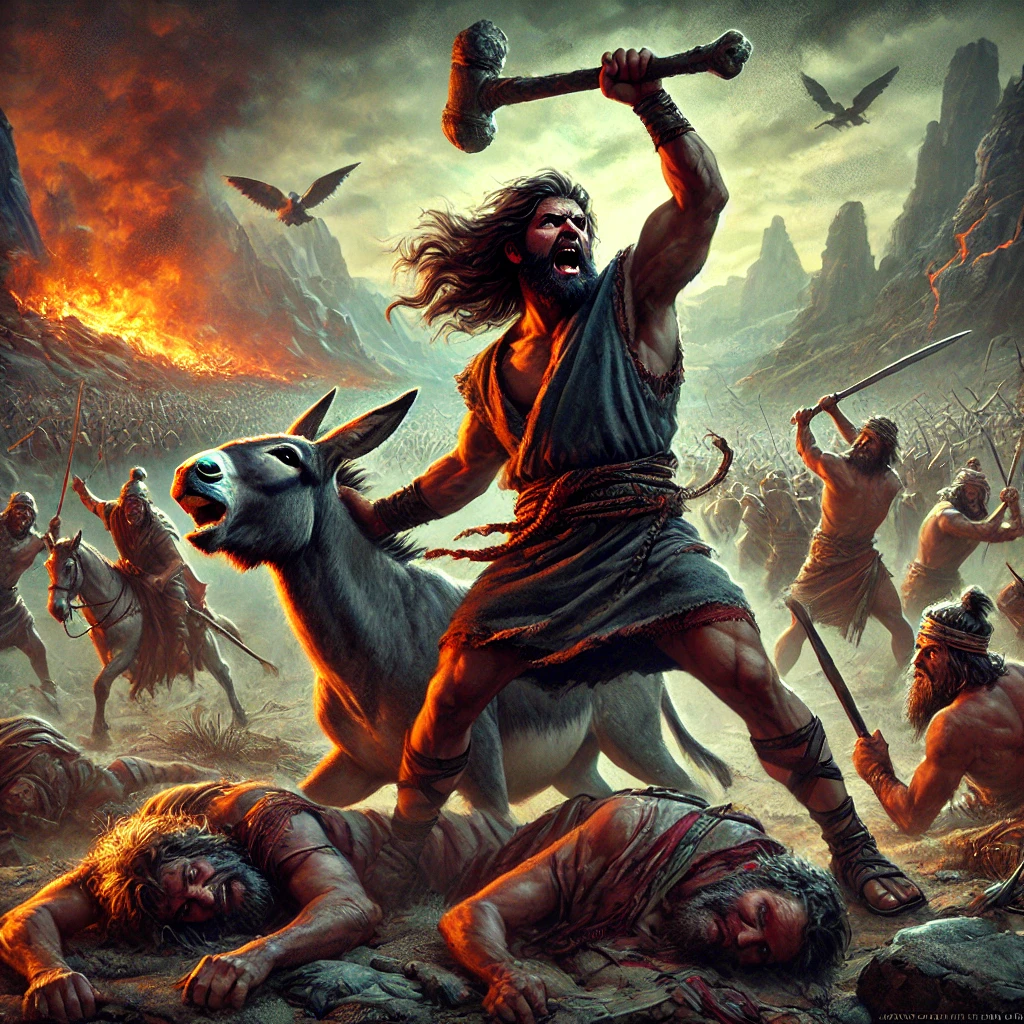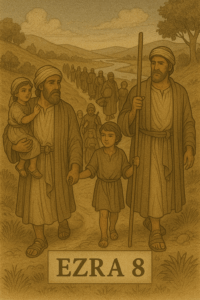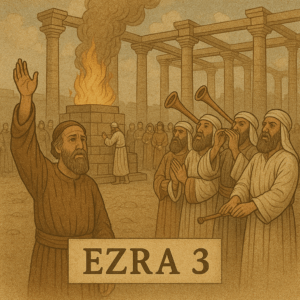Judges Chapter 15 continues the dramatic story of Samson, one of Israel’s most formidable judges. This chapter details his acts of revenge against the Philistines and his incredible feat of defeating a thousand men with the jawbone of a donkey. The narrative highlights themes of divine strength, personal vengeance, and deliverance.
Samson’s conflict with the Philistines.
The chapter begins with Samson returning to Timnah to visit his wife, only to discover that she has been given to another man. Her father, thinking Samson had abandoned her, offers Samson her younger sister instead. Angered by this betrayal, Samson decides to take revenge on the Philistines. He catches 300 foxes, ties their tails together in pairs with torches between them, and sets them loose in the Philistine fields, vineyards, and olive groves, causing widespread destruction.
Retaliation and escalation.
In response to Samson’s actions, the Philistines retaliate by burning his wife and her father to death. This act of brutality provokes Samson to vow even further vengeance. He strikes the Philistines “hip and thigh with a great slaughter” and then retreats to a cave in the rock of Etam.
The jawbone of a donkey.
The Philistines, determined to capture Samson, invade Judah and camp in Lehi. The men of Judah, fearing the Philistine threat, go to Samson and bind him with two new ropes, intending to hand him over to the Philistines. However, as Samson is brought to the Philistine camp, the Spirit of the Lord comes upon him mightily. He breaks free from the ropes as if they were burnt flax.
Finding the fresh jawbone of a donkey, Samson uses it as a weapon to slay a thousand Philistines. After his victory, he declares, “With a donkey’s jawbone, I have made donkeys of them; with a donkey’s jawbone, I have killed a thousand men.” He names the place Ramath-Lehi, which means “Jawbone Hill.”
Samson’s prayer and God’s provision.
Following the battle, Samson becomes extremely thirsty and cries out to God, fearing he might die of thirst after such a great victory. God miraculously provides water from a hollow place in Lehi, and Samson’s strength is revived. This episode demonstrates both God’s provision and Samson’s dependence on divine help despite his flaws and personal vendettas.
Theological reflections.
Judges Chapter 15 illustrates the complex nature of Samson’s role as a judge of Israel. While his actions are driven by personal revenge, they also serve to deliver Israel from the oppression of the Philistines. This chapter emphasizes God’s sovereignty in using even imperfect individuals to fulfill His purposes. Samson’s story is a reminder that divine strength and guidance are necessary to overcome the challenges of life.
The impact of Judges chapter 15.
The narrative of Samson’s exploits in Judges Chapter 15 underscores the importance of faith in God’s power, even when human motives are flawed. Samson’s battles with the Philistines serve as both a literal and symbolic representation of the ongoing struggle between Israel and its enemies. His story invites readers to reflect on the consequences of anger, the importance of seeking God’s guidance, and the reality of divine deliverance.




